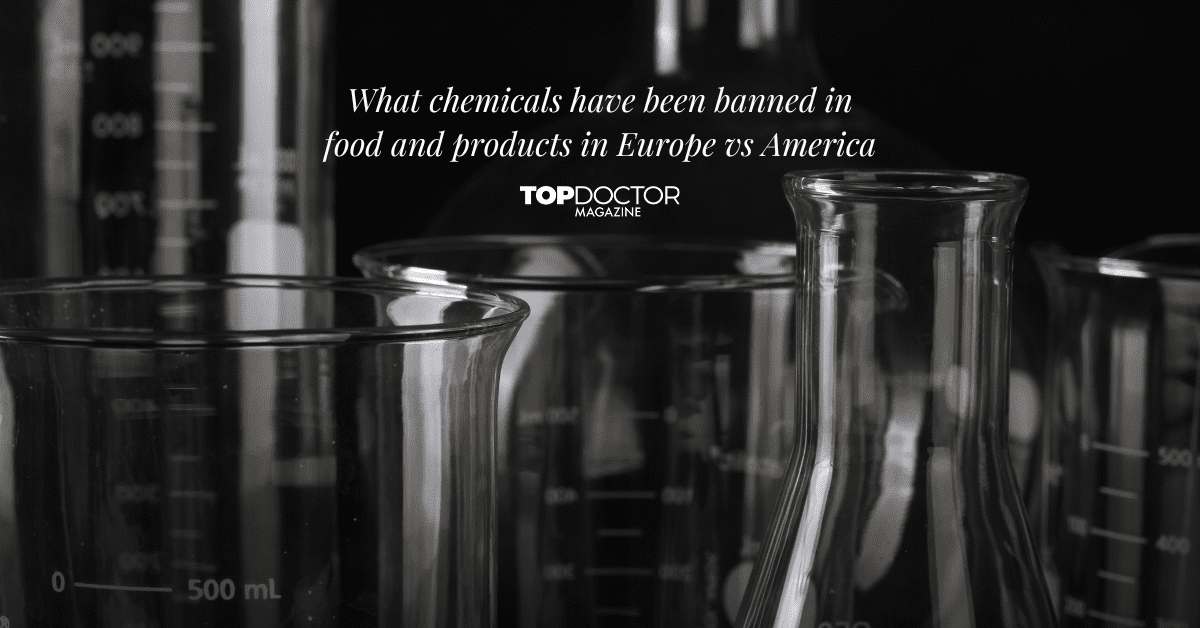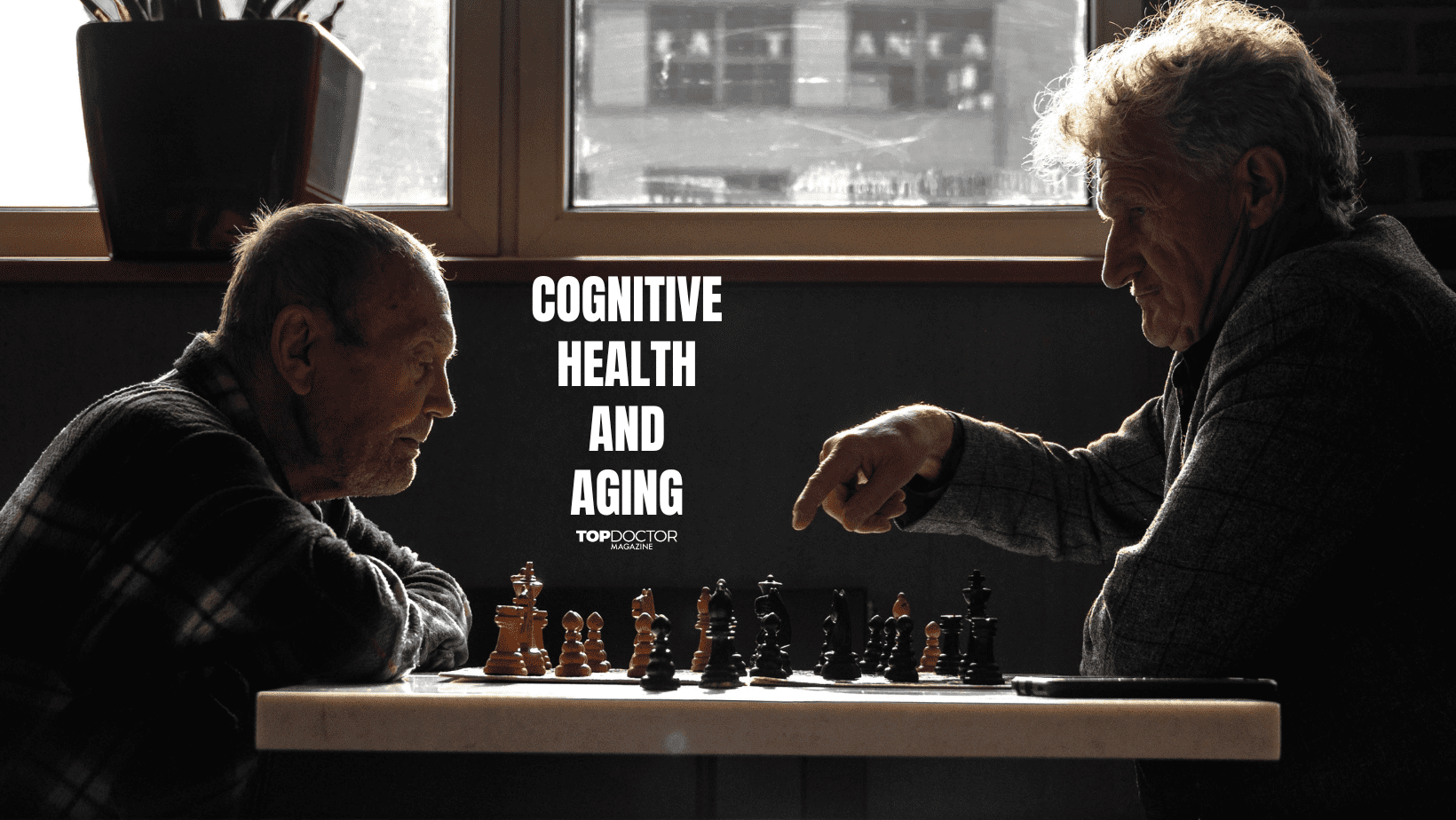In August 2022, the European Commission banned titanium dioxide, a food additive. This preservative remains legal and unbanned in the U.S. With countries that many assume are similar in many aspects, what would prompt Europe to ban titanium dioxide and the U.S. to not?
According to some sources, the reason that the U.S. may not ban the same things that Europe does is due to the approach each takes. Some argue that Europe considers possibilities for potential risks, whereas the U.S. focuses more on the probability that a substance will cause harm. Europe has a reviewing system for food chemicals where it reevaluates foods that use previously approved chemicals.
With different standards and procedures, it can be interesting to see what foods or additives are banned in Europe but legal in the U.S.
What Foods Are Banned in Europe but Not the U.S.?
Mountain Dew. Brominated Vegetable Oil is a food additive found in some citrus sodas, including Mountain Dew. Bromine is a key ingredient in this additive and is banned in Europe due to it having the potential to cause irritated skin and mucous membranes, headaches, memory loss, or affect balance.
Skittles. These candies are banned in both Norway and Sweden because they contain the artificial colors yellow 5 and yellow 6. They are thought to cause allergic reactions and hyperactivity, especially in children. Skittles are not exactly banned in Europe, but they are instead altered to be made with coloring found in fruits and vegetables or spices. Anything containing yellow 5 or 6 in Europe must contain the phrase “May have an adverse effect on activity and attention in children.”
Milk containing rBGH or rBST. rBGH, also known as rBST, is a synthetic, man-made growth hormone in some milk that is used to increase milk production. This hormone is banned in both Europe and Canada because of the risks it poses, such as cancer. Luckily, as time continues and research is conducted, fewer and fewer dairy farms use this growth hormone.
Azodicarbonamide. This chemical compound is not banned by the FDA but is illegal to use in Europe, Australia, and Singapore. Not to mention that azodicarbonamide is a chemical used to make yoga mats and shoe soles. It is often used as a whitening agent in bread dough and cereal flours but has been linked to respiratory issues and a few other health problems.
Instant Mashed Potatoes. These have been banned in the Europe Union because instant mashed potatoes often contain a preservative called Butylated Hydroxyanisole (BHA), also used in rubber and wax food packages. The countries that have banned this preservative have reasoned it to be a potential human carcinogen.
Ractopamine in Pork. The drug ractopamine is used in the majority of pigs in the U.S. but is banned in 160 nations, including Europe. Because ractopamine is used in pig farms, many other countries cannot buy pork from the U.S. It is linked to affecting the cardiovascular system, causing hyperactivity and increased heart rates.
Beef. Hormone-grown beef in the U.S. is not sold to Europe due to the synthetic hormones used to promote cattle growth. Some of these hormones include Zeranol, Trenbolone Acetate, and Melengestrol Acetate. They are linked to an increased risk of breast and prostate cancer. Federal regulations prohibit hormones in both pork and poultry but do not regulate beef as much. Organic beef can provide beef without growth-promoting hormones in the U.S.
As you look at foods when shopping, it is good to check the ingredients and where the items come from. Just because something is labeled as “healthy” or “organic,” it is a good idea to check where and what some ingredients are. There are reasons that Europe bans some food additives and hormones compared to what the U.S. bans. Being educated in hormone use and additives in your foods can only benefit your future health! Do your research before purchasing an item with unrecognizable ingredients.






0 Comments